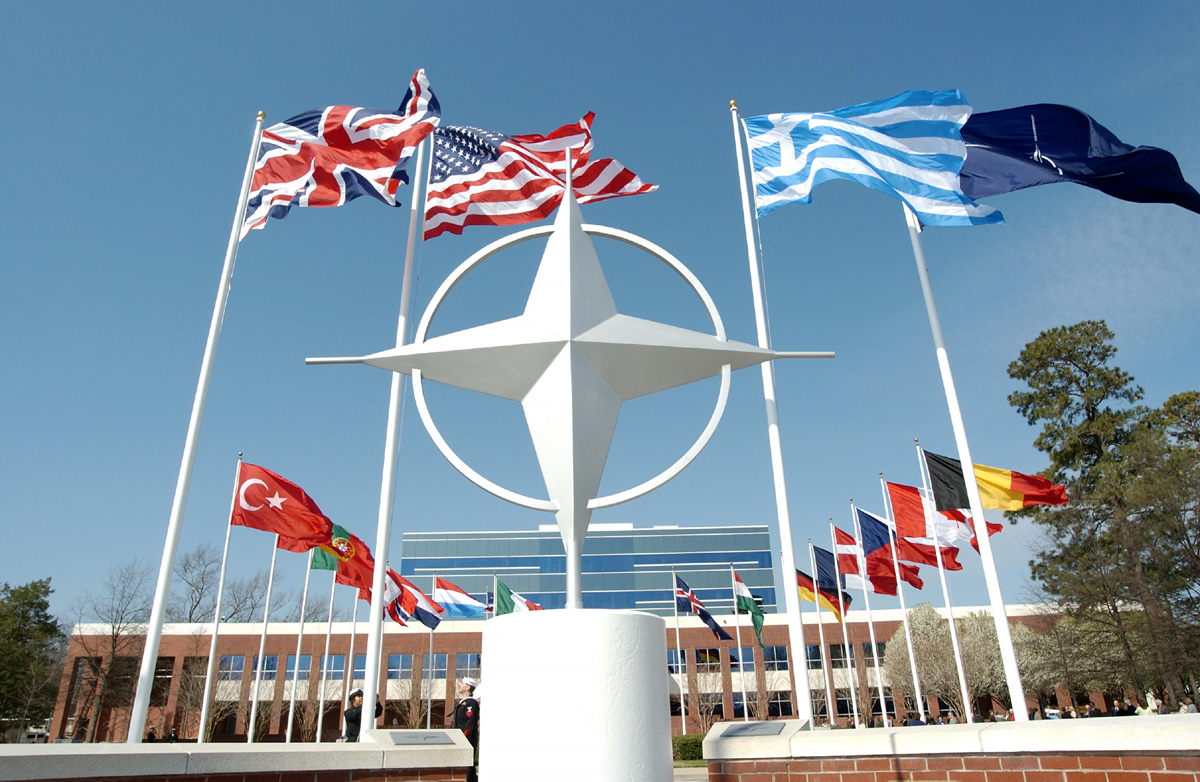Prof. Janusz Sytnik-Czetwertyński believes that the idea of a common Europe was formed by French culture, its might was formed by British culture, and now that the
German culture of procedures has taken over, everything is falling apart.
(Article republished from
RMX.news)
These three cultures have been the most important in Europe. The
French are the most focused on community, the British are more individualistic, and the German culture is not based on community or the individual but on norms. It is therefore a culture obsessed with strict rules rather than savoir vivre. The French culture is therefore the most altruistic, the
British the most focused on development, and the German the most legalistic.
According to the academic, it is German culture which is now taking over in Europe. This means a cult of procedure and the death of spontaneity. It is also highly susceptible to blindly following ideology and imposing that ideology with rules. This also means inflexibility in coping with complex and atypical situations.
Sytnik-Czetwertyński believes that as a result of the current emphasis on procedure, the idea of a common Europe is perishing. It is procedures that are creating absurdities such as “treating snails as fish and straightening cucumbers and bananas.”
It is German culture that has imposed this and pushed the U.K. out of the EU. History of what has happened to highly bureaucratized cultures does not bode well for Europe. Sumerian culture was one that tried to write everything down, and nothing remains of it. We only found out about its existence in the 19
th century, 5,000 years after it ceased to exist. Its contribution to our current culture is nil. “Another highly codified culture was Hindu, which was colonized by the British,” reminded Prof. Sytnik-Czetwertyński.
The academic argues that a procedure-based culture has already damaged Europe. It led to inflexible energy policies that have damaged the European economy. It tries to avoid corruption with rigid rule enforcement, but those rules are often imposed via lobbying, which is itself highly questionable.
And it totally fails in situations such as
COVID where procedures prove useless when faced with something totally unusual and unpredictable. Sytnik-Czetwertyński also feels
NATO may have fallen foul of the procedural culture. It is following complex rules that are not clear about what would be done in the case of an attack on a member state.
If NATO is found to be wanting should such an attack actually come, it would be the end of both NATO and U.S. global prominence too. “A lot is at stake in the present conflict in Ukraine, but things could get far more difficult still,” warned the Polish professor.
Read more at:
RMX.news
 Parler
Parler Gab
Gab










